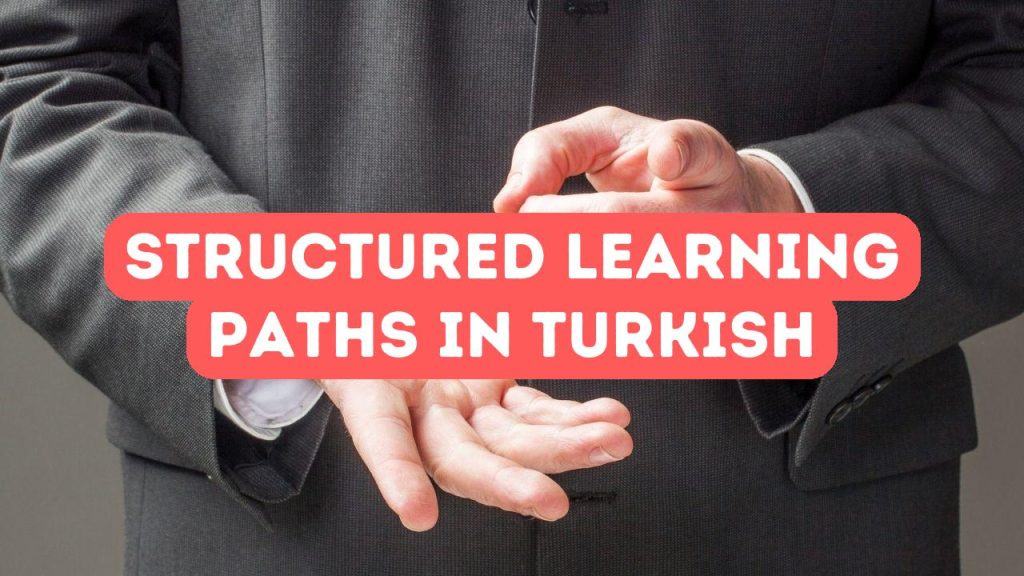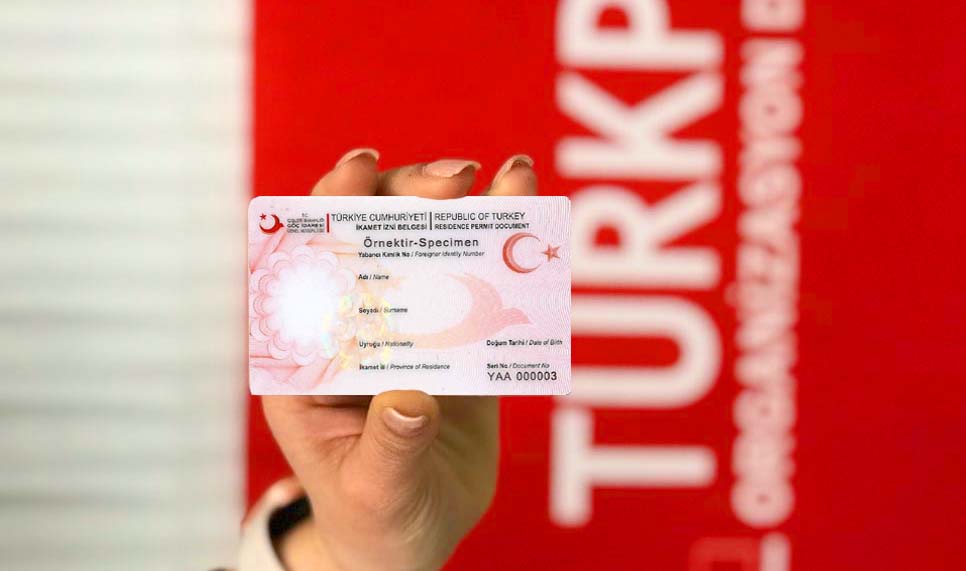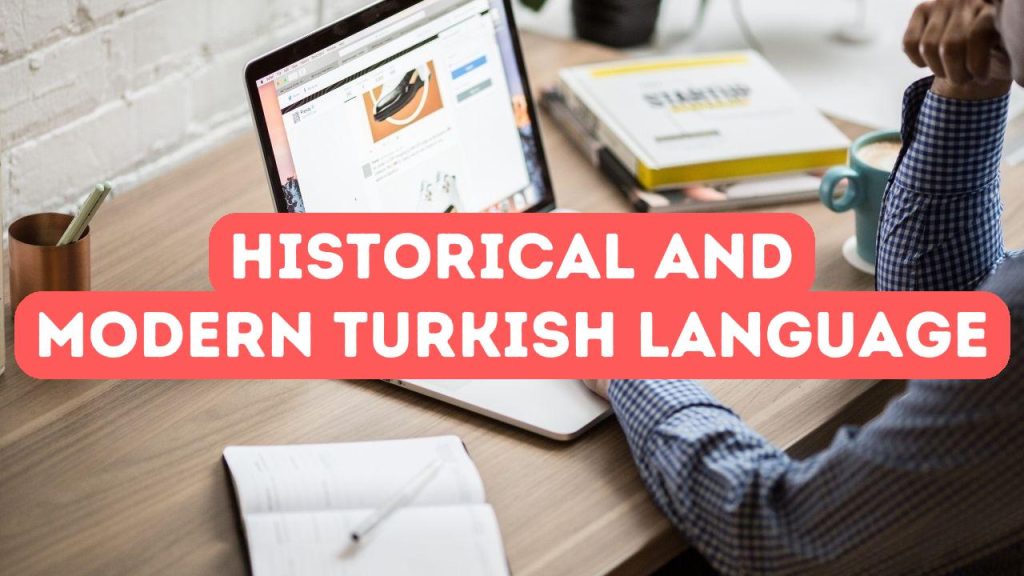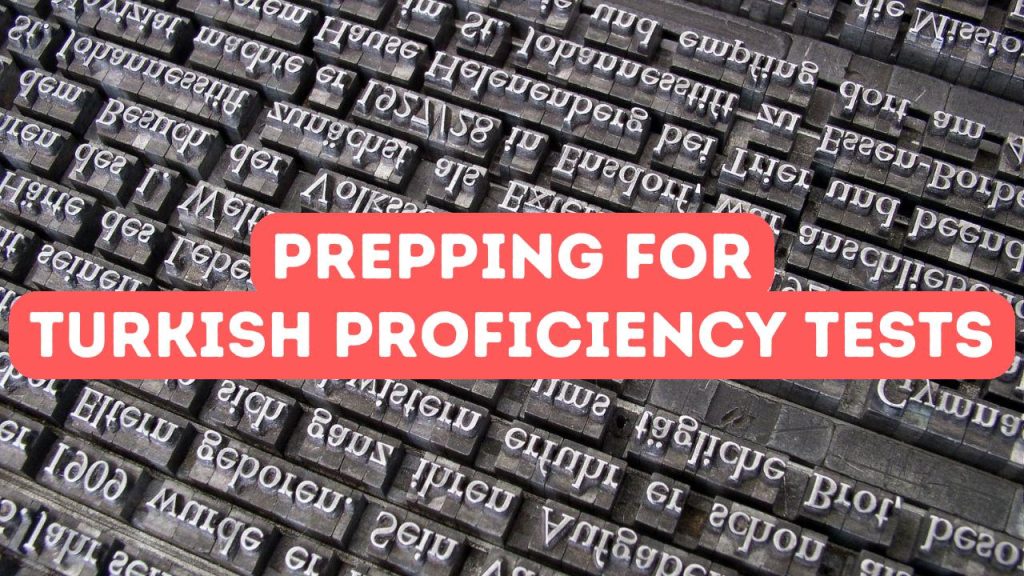Unlocking Fluency: Strategic Approaches to Turkish Mastery
At the heart of achieving fluency in Turkish lies a strategic and immersive learning experience that emphasizes not only on grasping the core linguistic structures but also on integrating cultural elements that are intrinsic to the language. Beginners are encouraged to immerse themselves in the rhythm of Turkish through daily exposure to its sounds and syntax – listening to Turkish music, watching Turkish dramas or engaging with language-learning apps designed to simulate natural language acquisition. This aural immersion helps in fine-tuning pronunciation and accent, essential components for true mastery. Subsequently, strategic approaches such as the spacing effect, which involves spreading out learning sessions over time for better retention, and interleaved practice, mixing different types of content within sessions, are employed to solidify the foundational knowledge of Turkish grammar and vocabulary. With such a balanced approach, learners begin to unlock the full potential of fluency, making significant strides towards communicating with the ease and confidence of a native speaker.
Building upon this foundation, intermediate learners must escalate their engagement with the Turkish language by delving into complex sentence structures, idiomatic expressions, and nuanced vocabulary. This stage is marked by active production of language, where learners are prompted to speak and write extensively, exploring various topics and scenarios to cultivate versatile communicative competence. Language exchange meetups, Turkish discussion forums, and writing essays and diaries are highly beneficial activities at this stage, as they provide real-life contexts that challenge the learner to apply grammatical rules and vocabulary in dynamic ways. Additionally, the use of advanced language tools such as flashcards for targeted vocabulary acquisition, along with immersion in Turkish media, further cements the learner’s ability to think and respond in Turkish, paving the way for advanced fluency.
As learners catapult into advanced Turkish fluency, the emphasis shifts towards refining and personalizing the use of the language. This phase involves engaging with nuanced forms of expression, such as proverbs, humor, and regional dialects, which require a deep appreciation of cultural context. At this juncture, the pathway to mastery is greatly enhanced by spending time in a Turkish-speaking environment, engaging in conversations with native speakers on a breadth of complex topics, and perhaps even participating in debates or public speaking. It’s also a time to heavily incorporate literature, newspapers, and academic texts to comprehend the subtleties and variations in tone and style. Active efforts in these real-world experiences consolidate your grasp on the subtleties of Turkish, allowing learners to articulate thoughts with the dexterity of a pro, while also nurturing an instinctive understanding of idiomatic nuances and linguistic finesse.
Navigating Language Complexities: Advanced Techniques for Turkish
As language learners ascend to the advanced levels of Turkish proficiency, the task of navigating its complexities becomes a thrilling intellectual exercise. It is here that a robust understanding of Turkish grammar takes center stage. Learners must now become adept at manipulating the language’s intricate verb tenses, master the use of conditional and subjunctive moods, and skillfully employ the notorious vowel harmony—a quintessential feature of Turkish phonology. Advancing your Turkish to this degree involves delving into nuanced aspects such as idiomatic expressions and proverbs, which provide a colorful insight into Turkish culture and thought. Deciphering these sophisticated elements not only enhances linguistic competence but also cultivates an appreciation for the subtleties of Turkish communication, setting the stage for genuinely meaningful exchanges with native speakers.
Building on a well-established foundation, advanced Turkish learners must also refine their listening and speaking skills for fluid comprehension and spontaneous conversation. Sophisticated audiovisual materials, like Turkish movies, TV shows, podcasts, and news broadcasts, become invaluable tools for exposure to natural speech patterns and regional dialects. This immersion accelerates the learner’s ability to discern and reproduce the rhythm and intonation essential to persuasive and authentic verbal communication. Engaging in debates, storytelling, and extemporaneous speaking exercises further sharpens fluency and prepares the learner for complex interactions ranging from business negotiations to literary discussions, thus bridging the gap between academic knowledge and real-world language use.
To attain true mastery in Turkish, advanced learners must perpetually challenge themselves by embracing the multifaceted nature of the language in practical contexts. An effective method is honing writing skills through crafting essays, articles, and even fiction, which demands precise vocabulary selection and a deep grasp of grammatical nuances to convey complex ideas eloquently. Moreover, active participation in Turkish online forums and engaging with native speakers on social media platforms can yield insights into colloquialisms and contemporary usage, vital for anyone looking to blend seamlessly into Turkish society or workplaces. As proficiency peaks, continuous practice and exposure ensure that the subtleties of Turkish culture and language are no longer hurdles but enriching aspects of a linguist’s arsenal, signaling the transformation from a learner to a pro.
Accelerated Learning: Effective Methods for Turkish Proficiency
At the heart of accelerated language acquisition is the strategic application of effective learning methods tailored to individual preferences and goals. For Turkish proficiency, immersive techniques such as consistent practice with native speakers and engaging with Turkish media play pivotal roles. Incorporating multimedia resources like films, music, and podcasts exposes learners to the language in its natural setting, facilitating not just the absorption of vocabulary but also the nuances of pronunciation and intonation. Daily speaking practice, where possible, accelerates familiarity with conversational Turkish, while tools like language learning apps and online courses offer structured lessons that are flexible and accessible. To expedite mastery from beginner to intermediate levels, a well-orchestrated blend of these methods, meshed with the tenacious spirit of a learner, paves the most effective pathway to Turkish proficiency.
Building on the foundation laid by immersive methods, strategically incorporating language learning strategies such as spaced repetition and active recall can significantly enhance retention and understanding of Turkish. Advanced learners, in particular, can benefit from the deliberate study of grammar and syntax, which often involves grappling with Turkish’s agglutinative structure and vowel harmony — features distinctly different from those of Indo-European languages. It is essential to keep a language learning diary to track progress and reflect upon daily learning experiences. Pairing this reflective practice with the use of flashcards and spaced repetition systems ensures the consolidation of complex grammatical rules and the expansion of vocabulary. Additionally, actively seeking out opportunities to apply grammar in writing exercises empowers learners to navigate the intricacies of Turkish syntax confidently, laying a crucial foundation for the transition towards advanced proficiency.
Embarking on the final leg towards achieving Turkish fluency requires a nuanced approach that focuses on fine-tuning language skills and embracing the cultural aspects of communication. At this advanced stage, learners should immerse themselves in discussions on a plethora of topics to gain versatility in the language, ranging from politics and history to arts and science. This engagement facilitates a deeper understanding of context, idioms, and humor that are embedded in Turkish culture. Participation in language exchange communities, attending Turkish cultural events, or even traveling to Turkey can offer real-life experiences that transcend textbook learning. Correspondingly, reading Turkish literature and scholarly articles aids in comprehending complex sentence structures and enriches one’s vocabulary with specialized terms. Persistently challenging oneself with higher-level material and actively using Turkish in professional or academic settings will not only solidify your proficiency but will unlock a true sense of accomplishment as a language learner turned pro.





